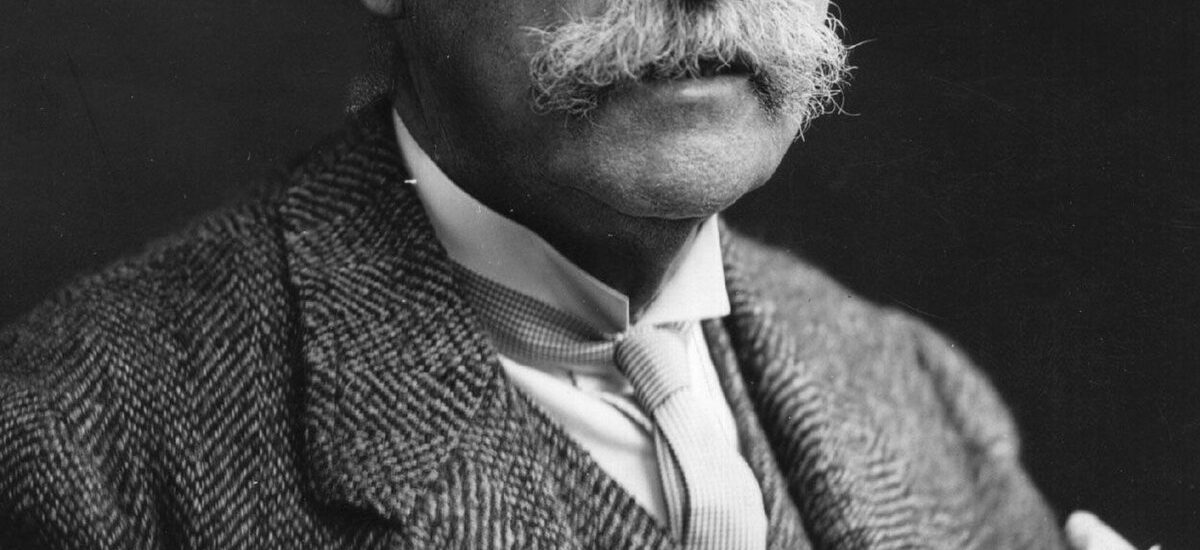Welcome to ‘The Unlikely Scholar: Douglas Hyde’s Historic Election.’ Situated in the heart of Ireland, this location marks a significant chapter in Irish history: the election of Douglas Hyde as the first President of Ireland in 1938. Hyde’s election was a momentous event that highlighted Ireland’s cultural revival and national identity.
Douglas Hyde, born in 1860, was a distinguished scholar and a passionate advocate for the Irish language. He co-founded the Gaelic League in 1893, which played a crucial role in the Irish cultural revival by promoting the use of the Irish language and traditional Irish culture. Hyde’s dedication to preserving Ireland’s linguistic heritage made him a revered figure in the country.
In 1938, Ireland was transitioning to a fully independent republic, and the newly created position of President of Ireland required a leader who could symbolize the unity and cultural identity of the nation. Douglas Hyde, with his background in Irish culture and language, was an ideal candidate. Despite being an unlikely choice due to his academic background and non-political career, Hyde was unanimously elected as the nation’s first president, serving from 1938 to 1945.
Hyde’s presidency was marked by his commitment to cultural and educational advancements. He worked tirelessly to promote Irish culture on a national and international level, reinforcing the country’s identity during its formative years of independence. His presidency laid the foundation for the role of the President as a cultural and moral leader, shaping the future of Irish governance.
As you stand here, imagine the excitement and hope of the Irish people during those transformative years. Hyde’s election was more than a political milestone; it was a cultural renaissance that helped define Ireland’s national identity for generations to come.



